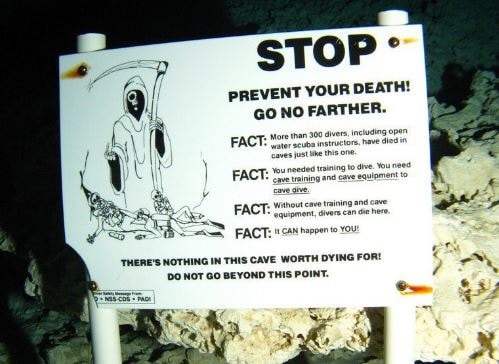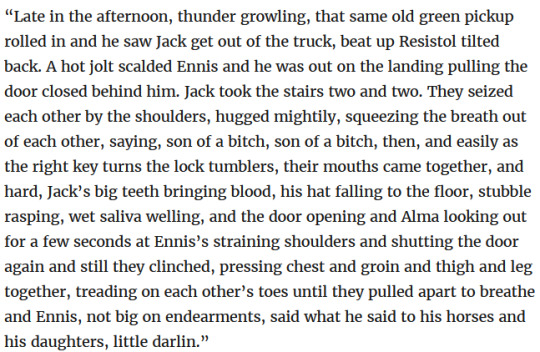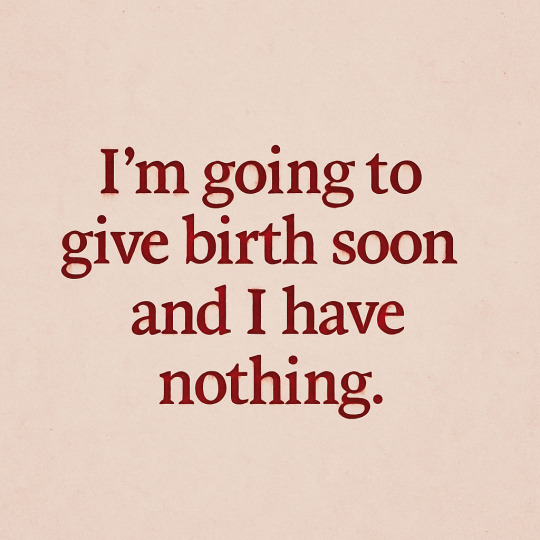jacob • he/him • mid 20s • great lakes region • GAZA FUNDS • LIFE FOR GAZA • CRIPS FOR eSIMS FOR GAZA • me • art •
Don't wanna be here? Send us removal request.
Text
i hate dogs with blue eyes. why is fucking jeff the killer at my back door
207K notes
·
View notes
Text
وصلوا صوتي للعالم | Help Me Be Heard
Available in: العربية - English - Español
(speak another language? contact me)
My name is Islam. I’m 27 years old and live in Khan Younis, Gaza, with my family. I studied physical therapy, and I once had dreams of helping people, building a future, and living with dignity. But war took it all away. For the past two years, the bombing hasn’t stopped. We lost our home, our memories, and people we loved. My mother was diagnosed with cancer because of the genocide we’re living in, and there’s no treatment here. We now live in a tent, with no income, no electricity, no clean water, no food. The borders are shut, prices are sky-high, and aid isn’t reaching us. We’re surviving on hope, and even that is running thin. I’m sharing this with the world because maybe someone will hear me. Maybe someone will care. One share, one donation, one act of kindness from you could feed us, could shelter us, could keep us alive. This is not just a story. This is real. If you have a heart, please don’t scroll past this.
If you can translate this post into another language, please message me, I'll add your translation and thank you.
If you can make a short video about me in your language, send it to me. I’ll share it and mention your name.

يستطيع أي شخص في العالم في أن يوصل صوتي للعالم ويتمكنوا من مساعدتي !!
أنا إسلام عمري 27 عام أعيش مع عائلتي في غزة بالتحديد في خانيونس أنهيت دارستي الجامعية ك أخصائي علاج طبيعي كان لدي تطلعات وأحلام ومستقبل مثل أي شخص في العالم لكنها مسحت تماما ولم يبقى لنا شيء ، منذ سنتين والحرب لم تتوقف فقدنا بيتنا وذكرياتنا وبعض أحبابنا ، أُصيبت والدتي بالسرطان بسبب هذه الحرب ولا يتوفر العلاج داخل غزة لا يوجد دخل لنا إنني أعتمد عليكم وبمساعدتكم في دخلنا ، نعيش في خيمة لا تتوفر فيها أدنى مقومات الحياة ، المعابر مغلقة الطعام باهظ الثمن المساعدات لا تصلنا إلى هذه اللحظة
بضغطة زر واحدة منك قد تطعمنا ، قد تأوينا ، قد تجعلنا نعيش !! هذا نداء لكل من يملك قلب

Me llamo Islam, tengo 27 años, y vivo en Khan Younis, Gaza, con mi familia. Estudié la fisioterapia, y una vez tenía sueños con ayudar a otras personas, construir un futuro, y vivir con dignidad. Pero la guerra me lo robó todo. Desde hace dos años, el bombardeo no ha parado. Perdimos nuestra casa, nuestros recuerdos, y las personas a que amamos. Mi madre fue diagnosticada con el cáncer por el genocidio en que vivimos, y no hay ningún tratamiento aquí. Ahora nosotros vivimos en una tienda de campaña, sin ingresos, sin electricidad, sin agua potable, y sin comida. Las fronteras están cerradas, los precios son altísimos, y la ayuda humanitaria no nos llega. Sobrevivimos solo con la esperanza, y ya la esperanza se agota. Estoy compartiendo este con el mundo porque quizás alguien me oiga. Quizás alguien nos importe. Un compartir, una donación, un acto de amabilidad podría darnos comida y refugio. Tú podrías mantenernos vivos. Esta no es sola una historia. Es la vida real. Si tienes corazón, por favor no te desplaces por este mensaje.
Thank @hiddencreature666 for the translation
1K notes
·
View notes
Text

this is by far my favorite safety/warning sign btw. they really went off with this one
143K notes
·
View notes
Text
As you all know I'm a good friend of Mohammad Ayesh ( @moayeshblog ) and I've seen him work tireless to help others at the expense of helping himself and his own interests. From his work with @gaza-evacuation-funds and @ihyaafoundation. And I'd like to advocate for his own fundraiser right now.
The living situation in Gaza is catastrophic and he is no exception. He is still a very young man but he's shouldering the huge responsibility of his family, by going out every single day to find what little food is even available in Gaza to provide for his family. Only 1 kilo of flour is 30 dollars. That's just enough to make around 12 small loaves of bread. And this needs to feed 8 people for a whole day. And that's just a small glimpse of the daily life that Mohammad is living with his whole family.
Mohammad posts regular updates on his blog @moayeshblog so please follow him there where he is posting updates. And most importantly, please check out his fundraiser. He is relying on donations to provide for his whole family and those donations are very very slow at the moment.
3K notes
·
View notes
Text
Why isn't "too scary" a good enough reason to never drive a car
33K notes
·
View notes
Text










just layers and layers to this thing, huh.
7K notes
·
View notes
Text


Marlon Brando by Cecil Beaton for Vogue in 1946.
381 notes
·
View notes
Text

Palestinian freedom fighter holding a baby kitten outside of Burj al-Barajneh refugee camp in Beirut, Lebanon, 1988
1K notes
·
View notes
Text
Urgent Aid Request!
Hello, all. My friend Abdul, @queersudan has an urgent need for medical attention. He is very sick in his tent without mosquito nets and fears malaria. He needs life saving medicine and some procedure, that will cost him 150 USD.
I told him I would make this post, separate of his gofundme for himself other queer refugees from Sudan that he speaks for. Please help him to get to the hospital soon.
Please reply to this post if you do donate so that I can let him know.
The PayPal given on his behalf is from a friend here that he trusts. I will update with the personal name, the account email is: [email protected]
Again. Let us know if you've sent donations. He needs to get to the hospital soon.
0/150
158 notes
·
View notes
Text

why has anyone bothered to write a kissing scene after annie proulx wrote this in 1997
6K notes
·
View notes
Text

I don’t know what to say anymore each day I just pray they are still with us
campaign for @swimminghologramllama
VERIFIED✅ by @bilal-salah0
We appreciate all efforts but the sharing is nothing without donations thank you for understanding
857 notes
·
View notes
Text

No home.
No bed.
No baby clothes.
No food.
No safety.
Just a tent.
A hungry child beside me.
A husband who lost everything.
And a baby coming into a world that scares me.
I’m not asking for much.
Just a chance…
A little warmth.
A little kindness.
A little hope.
If you’re reading this, maybe you’re the one who can help.
Even a small gesture could mean the world to us.


619 notes
·
View notes
Text
Finally figured out how to permanently disable google assistant on phone

59K notes
·
View notes
Text

absolutely amazing things happening right now. I had to triple check that these were real
18K notes
·
View notes





